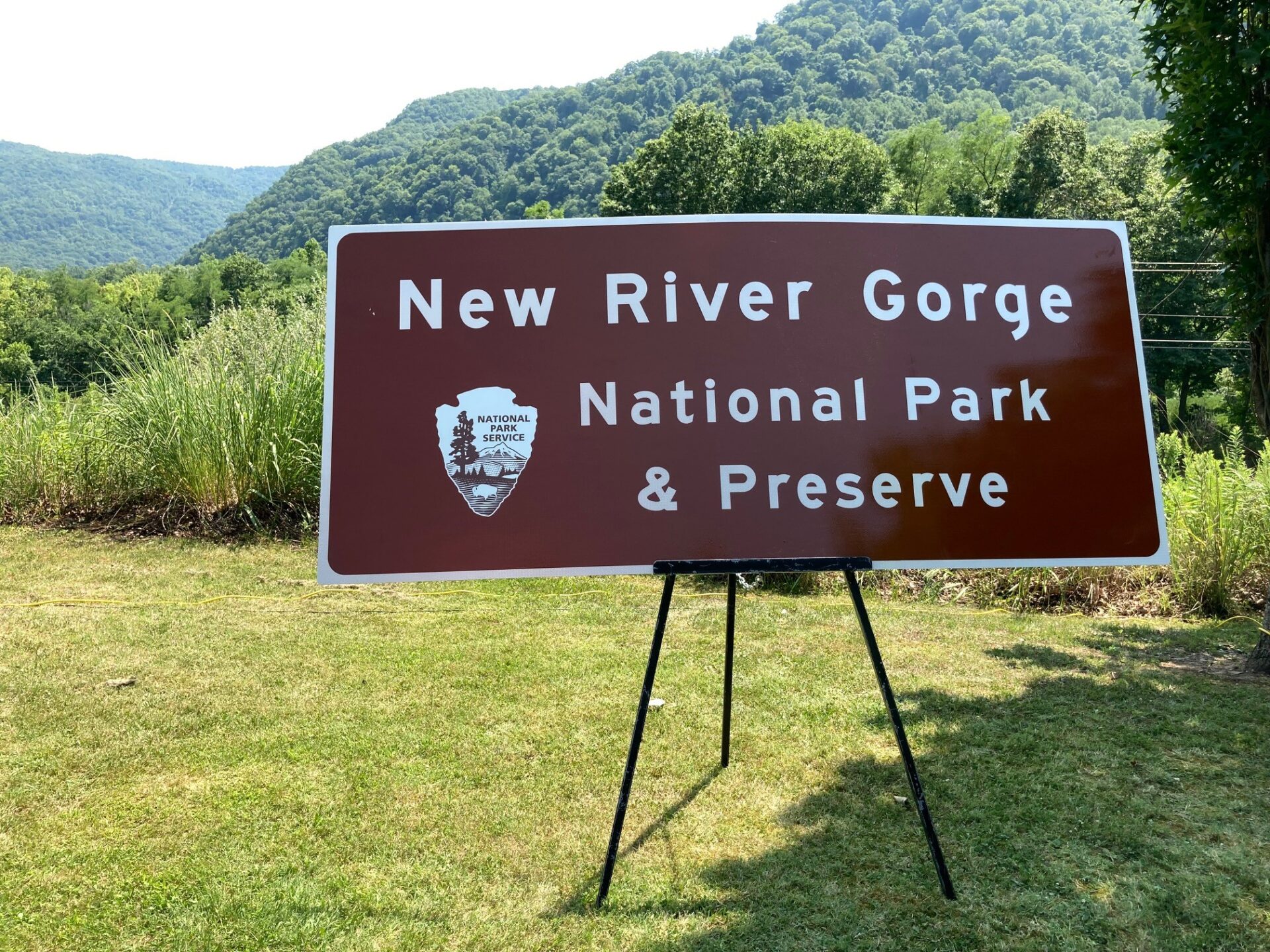Members of the West Virginia Legislature heard testimony Monday in support of reviving policy solutions to address the state’s growing number of abandoned and unplugged natural gas wells.
In an afternoon hearing in front of the Joint Standing Committee on Energy, representatives from an industry trade group, the West Virginia Department of Environmental Protection and the West Virginia Surface Owners’ Rights Organization urged lawmakers to provide more resources to the WVDEP.
There are more than 14,000 abandoned wells across the state. More than 4,500 are classified as “orphan,” which means they don’t have an operator. Sealing orphan wells falls on state regulators. Plugging one well can cost upwards of $60,000.
“It’s a big number, and we haven’t done a very good job, I think, as a state and as an industry addressing those,” said James Martin, director of WVDEP’s Office of Oil and Gas.
One challenge is money. WVDEP gets funding for well plugging from a portion of each $150 well work permit application fee as well as any forfeited bonds. Martin said those funding streams generage, on average, $80,000 a year.
In 2018, the Legislature passed the natural gas “co-tenancy” law, which governs oil and drilling on properties owned by multiple people. It includes a provision with the potential to funnel millions of dollars into the state’s orphan well fund, but not for a few years.
“For orphan wells specifically, we need significant and sustained funding to necessitate an appreciable level,” Martin said. “ At $80,000 a year we can plug one well here. So that’s not going to address the 4,600 anytime soon.”
Two bills that would have increased funding for well plugging ultimately failed to pass in the 2019 legislature session. A third bill did pass, but was vetoed by Gov. Jim Justice.
House Bill 2673 would have halved the severance tax paid by low-producing oil and gas wells. The bill called for a cut to the severance tax from 5 percent to 2.5 percent for wells that produced an average between 5,000 cubic feet of natural gas per day and 60,000 cubic feet of natural gas per day and for oil well producing an average between one-half a barrel per day and 10 barrels per day.
Justice said while the goal of plugging orphan wells was laudable, it should be paid for by revenue from the current severance tax, not by cutting it for some drillers.
Philip Reale, an attorney representing the West Virginia Independent Oil and Gas Association, which sponsored the legislation, told committee members the bill would have had “a very positive effect on West Virginia.”
“Everyone was in agreement,” he said of House Bill 2673. “It’s time to revisit this — time’s now.”
Dave McMahon, a lawyer and a co-founder of the West Virginia Surface Owners’ Rights Organization, told the committee that in addition to finding more funding, the state also needs make larger structural fixes to how it funds and enforces well plugging to prevent the problem from growing.
He said WVDEP should increase the bonding amount it requires of drillers and stop allowing operators to get one “blanket” bond to cover all of its wells.
“For some big operators that amounts to $27 a well,” McMahon said.
He also recommended the agency stop allowing transfers of low-producing wells to companies, his organization fears, will abandon them.
“We got into this mess because of low bonding, and we got in this mess because we allow transfers of wells,” he said.
The committee did not have a quorum and no lawmakers asked questions.
